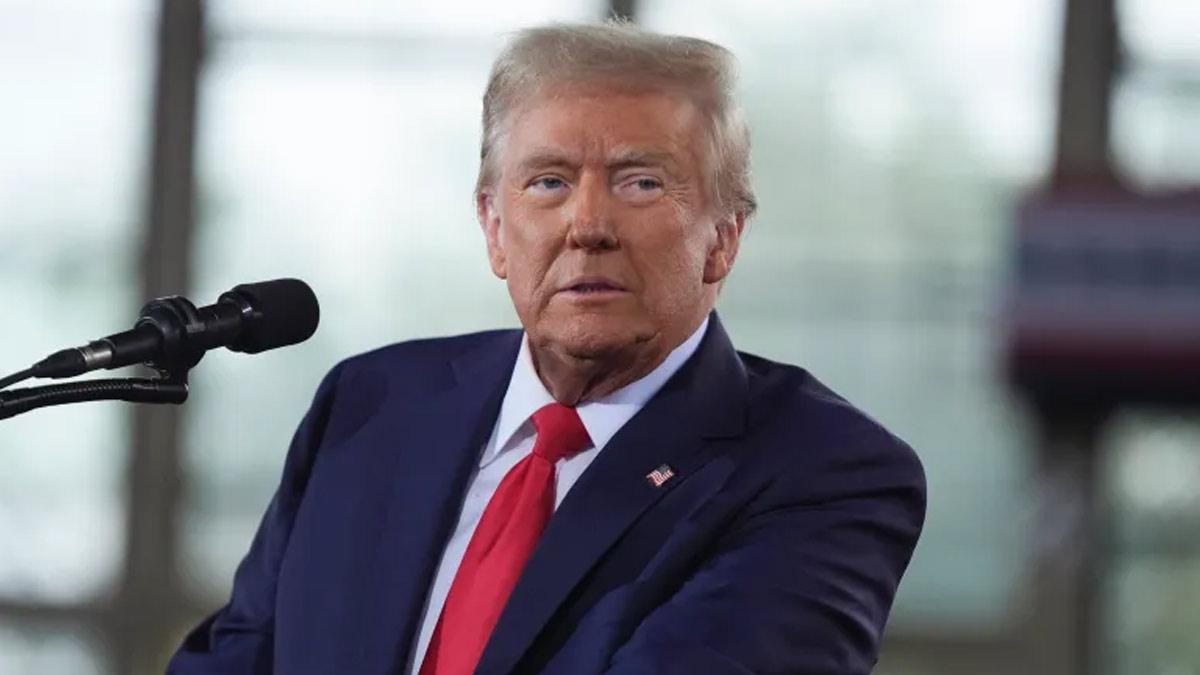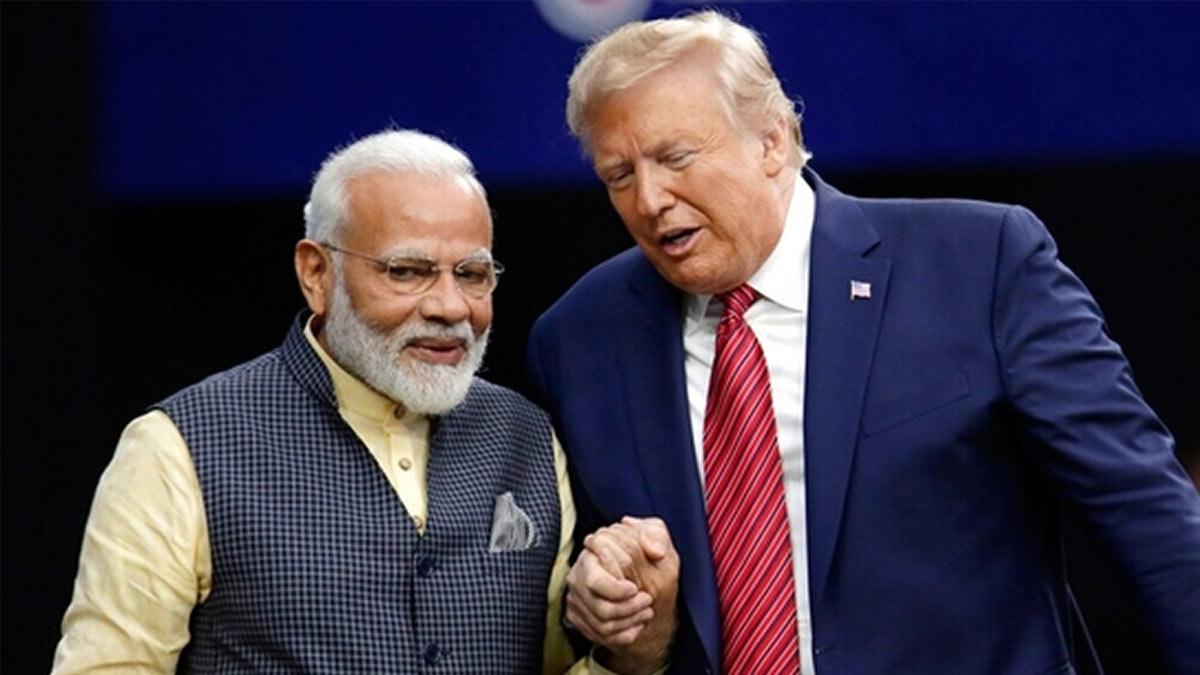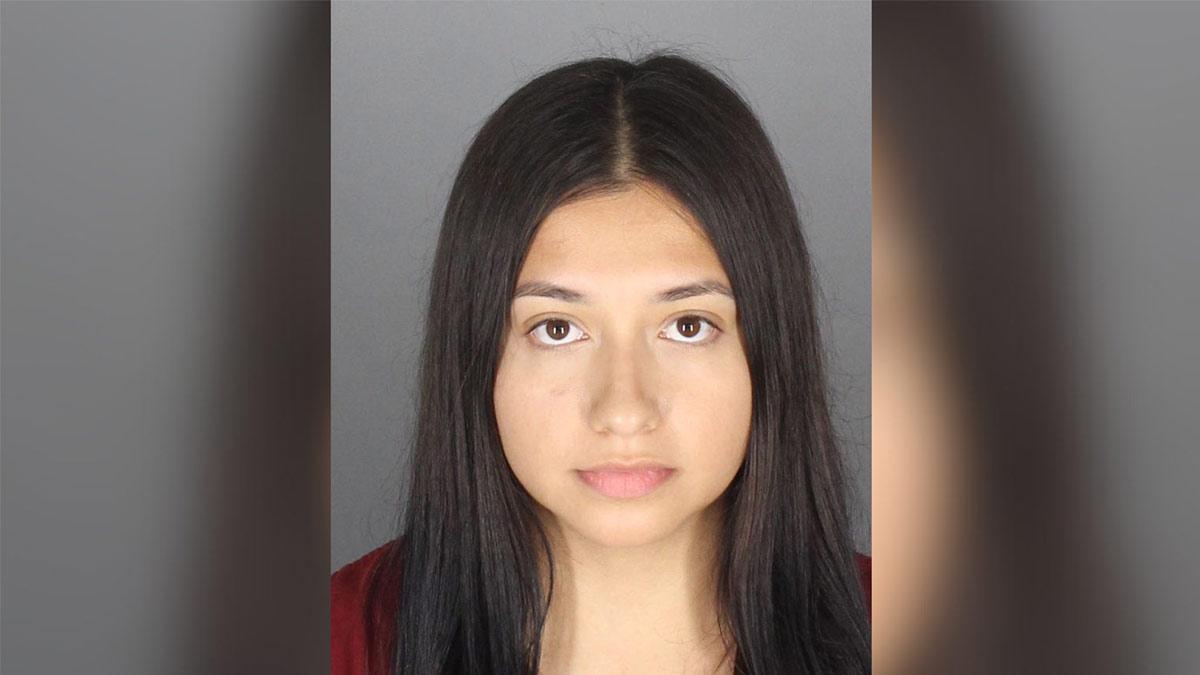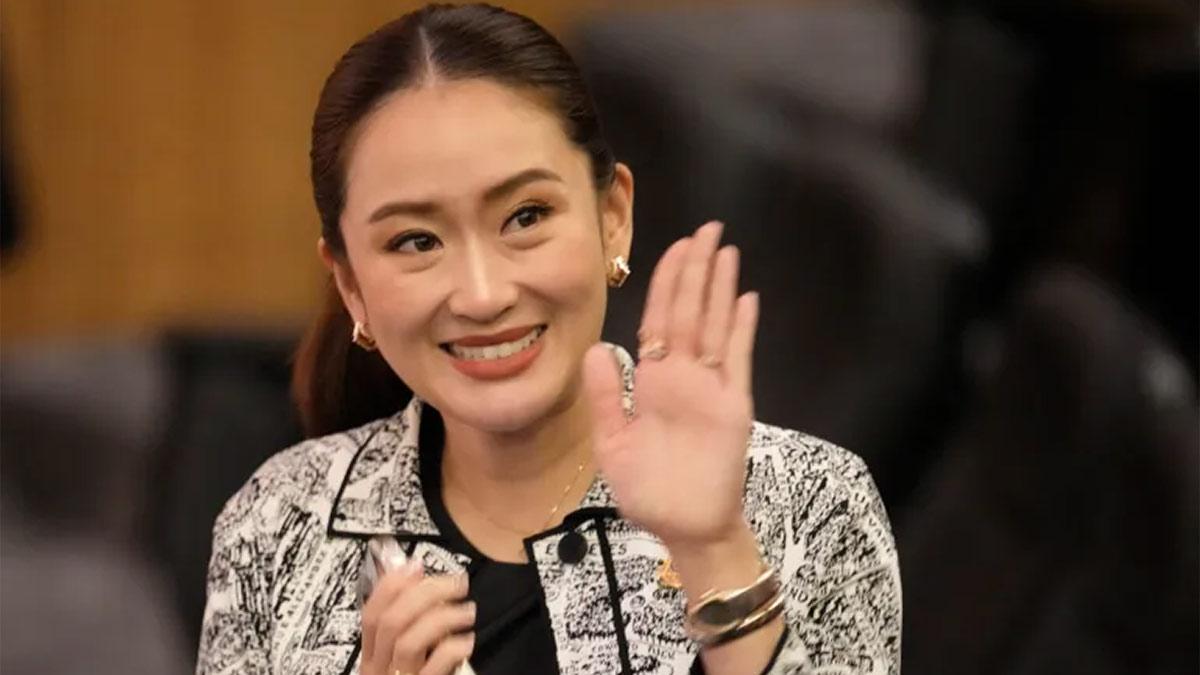In a wide-ranging move to clamp down on U.S. immigration policy, then-U.S. President Donald Trump signed an executive order that slapped a blanket travel ban on citizens from 12 countries and added restrictions for travelers from seven other nations, the White House stated.
The countries that are now subject to the full travel ban are Afghanistan, Chad, Congo, Equatorial Guinea, Eritrea, Haiti, Iran, Libya, Myanmar, Somalia, Sudan, and Yemen.
Talking about the measure, Trump stated, "We will not let what happened in Europe happen to America," defending the action on grounds of national security. "Very simply, we cannot have open migration from any country where we cannot safely and reliably vet and screen those who seek to enter the United States. We will not allow people to enter our country who wish to do us harm," he further said. He also asserted that "millions and millions of these illegals" were not welcome in the country.
This new order is reminiscent of Trump's previous travel ban of 2017, which focused on seven Muslim nations—Iran, Iraq, Libya, Somalia, Sudan, Syria, and Yemen—eliciting international outrage and legal action. The original order excluded numerous, including students, tourists, and business travelers, from entering the U.S., triggering airport detentions and general confusion.
While the first iteration of the ban was fought vehemently in court, an amended version was eventually upheld by the U.S. Supreme Court in 2018. That ruling permitted restrictions to continue on citizens from Iran, Somalia, Yemen, Syria, and Libya, and added North Korea and certain Venezuelan officials and their families.
Then, Trump insisted the policy was one of national security, not one based on religion, even though he had earlier called for a "total and complete shutdown" of Muslims into the U.S. during his campaign in 2016.
In another executive order signed on Wednesday, Trump also acted to suspend foreign nationals associated with Harvard University entry, citing what he described as the institution's "history of troubling foreign connections and radicalism." The order directs the State Department to review revoking existing academic and exchange visas held by Harvard students who are covered by the criteria of the order.
A leaked internal cable provided to Reuters last month showed that U.S. consular missions around the globe had already been instructed to subject people who intend to go to Harvard for whatever purpose to higher scrutiny.
The university, for its part, charged the Trump administration with punitive motive, claiming that the federal government was retaliating against it because it will not obey attempts to control the school's governance, curriculum, and ideological orientation.
Earlier steps by the administration included freezing billions of funding, trying to revoke the tax-exempt status of the university, and opening an investigation into reports of discrimination against white, Asian, male, or straight individuals in hiring decisions.
Harvard's authorization to admit foreign students was taken away last month, but it was halted by a federal court in Boston. Trump's new executive order, however, is predicated on a different legislative provision, said the Associated Press.
Read also| Trump Enacts 50% Tariffs on Steel and Aluminum Imports, Sparking Global Trade Tensions
Read also| Watch| Pakistan's 48-Hour Offensive Folded in 8 Hours: CDS Chauhan on Operation Sindoor


















